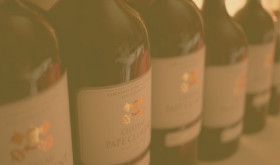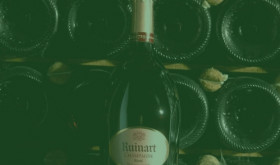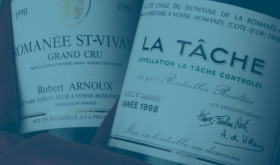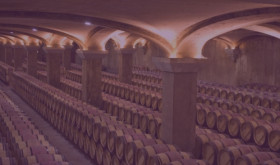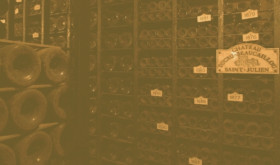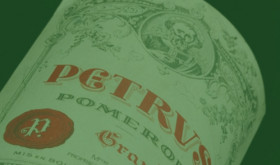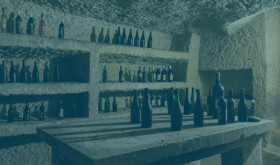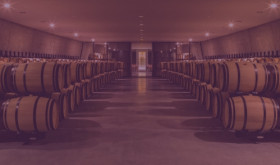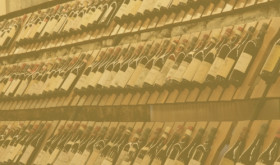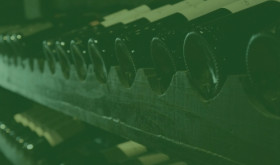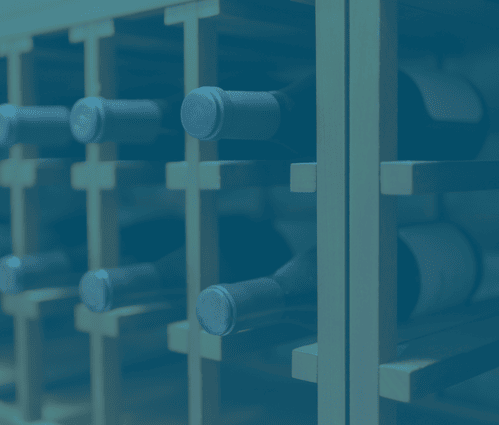
It’s impossible to know how exactly any asset – including fine wine – will react in a recession. Commonly defined as two consecutive quarters of shrinking Gross Domestic Product output, recessions can have many different causes and implications for the investment markets.
Fine wine, however, has a fascinating trend when it comes to economic downturns. Its characteristics make it a uniquely recession-resistant investment.
In this article, we’ll uncover some examples, and explore how the characteristics of fine wine make it such a useful asset during turbulent times.
A track record of performing well in recessions
Throughout history, as stock markets plummet, fine wine has tended to preserve or even grow in value.
For example, during the COVID-19 pandemic, the Liv-ex Fine Wine 100 index grew in value every month from June 2020 until June 2022. As stock markets around the world tumbled and economies cascaded into recession, the value of fine wine grew over 36%[1].
We saw a similar turn of events with the 2008-09 Financial Crisis. Between August 2008 and February 2009, prices in the S&P 500 index nose-dived by 52%[2] – the largest drop since World War II[3]. By contrast, after a brief dip, the fine wine market began rallying in November 2008. The positive performance of the Liv-ex market lasted until May 2011 and returns ballooned by 70%[4].
Throughout history, analysts have noticed this fascinating correlation. Fine wine and drinkable assets in general seem to be recession-resistant. Sometimes, they even flourish in these environments. So, what makes this delicious investment so robust? Experts have identified five key properties which could help to explain this fascinating success.
Characteristic 1: Tangible asset
Tangible assets – like fine wine – tend to do well in recessions, as investors look for reassurance in “real” valuables they can hold. They can also provide an excellent hedge against inflation over time.
Precious metals like gold, for example, tend to shine out for investors when the outside markets look gloomy. Recently, we saw this during the turbulent 2020-2022 coronavirus pandemic. On the 1st of January 2020, a kilogram of gold cost investors £36,807. By the 9th of September 2020, it had rocketed to £48,151, a 31% increase[5].
Another tangible asset is property. While there have been government stimuli such as Stamp Duty cuts at play, we can still infer that people tend to veer toward physical property or “real” estate during a recession. For example, the average cost of a UK home was £247,000 in January 2020[6], by July 2022, this rose to £292,000[7].
Because fine wine is a physical asset it can be extremely reassuring for investors. What’s more, as it is a scarce asset, with each vintage diminishing over time, it usually grows in value.
Characteristic 2: Scarcity
Owning something rare has always been appealing to investors. And when the object is depleting a little more every day, it can become even more precious. Fine wine certainly falls into this category, as a limited number of bottles are produced each year and then slowly consumed.
What’s more, investors in fine wine tend to be passionate. They care deeply about what they’re buying, so unlike many antiques or other collectables, the value isn’t just theoretical. Fine wine investors are often willing to pay a premium for sought-after vintages. If the bottle is rare enough, it can even venture into hundreds of thousands of pounds at auction.
Scarcity – when demand far outstrips supply – is one of the major characteristics of fine wine. And it could be part of the reason why the asset tends to shrug off recessions. Regardless of the stock market outside, when a bottle is deeply sought-after it remains valuable. As vineyards are increasingly grappling with the logistics of climate change these bottles may become yet more scarce.
Characteristic 3: Edible asset
Edible assets such as food staples and alcohol tend to remain strong, especially in recessions. Even when consumers tighten their purse strings and steer away from luxury spending, they will still need to buy food from their local supermarket. And, when it comes to alcohol, this holds true as well. Recessions don’t stop people from drinking alcohol. Some studies even suggest that consumers ditch beer in favour of hard liquor in these tough times[8].
Fine wine is no exception. During the COVID-19 lockdown, many people were forced to create their own vacation and special occasion experiences at home, leading to a boost in fine wine sales. According to one survey cited by The Drinks Business, 73% of participants reported spending more on fine wine than at the start of the lockdown[9].
We can also see this trend in the dramatic rise of champagne sales over the COVID-19 period. Trade volumes for Magnums have particularly popped, increasing by a staggering 130% from March 2020 to June 2022[10]. This suggests that the resilience of fine wine market matches the resilience of its drinkers, people will always find a reason to celebrate … or drown their sorrows.
Characteristic 4: A self-contained market
The fine wine market is global, yet niche. In particular, the high-end rises above local and regional indices. And this could be another important factor behind its recession resistance. For example, if the FTSE-100 or S&P 500 takes a tumble, the high-end of the fine wine market shouldn’t be impacted because it is self-contained.
In an environment where so many assets and asset classes are connected to each other, this is a valuable characteristic. As the recession today thunders towards us, investors are expressing concern that traditional alternative investors are starting to behave more like mainstream assets. Cryptocurrency took a devastating blow earlier in the year, showing that in many ways it’s more sensitive and volatile than the public stock markets. And some economists are speculating that gold is also losing its sparkle as it slowly starts to mirror the wider markets.
Finding an asset with an independent self-fulfilling market is a rarity for investors and can offer exceptional diversification. Genuinely alternative asset classes are becoming harder to find.
Characteristic 5: Favourable tax
Another way that fine wine investors stay afloat during recessions is by keeping more of their returns. In the UK, for example, the drinkable asset should be exempt from Capital Gains Tax (CGT). This means that basic rate taxpayers could keep 10% more of their returns, and for higher rate payers that figure rises to 20% (after the annual exemption limit of £12,300 according to 2021/22 tax rules).
There are two main routes for fine wine investors to save on CGT. The first is if the fine wine has an expected life of fifty years or less. If so, it’s considered to be a “wasted chattel”, and is exempt. The second avenue is if the bottle is sold for less than £6,000. In this circumstance, the transaction is also outside the scope of CGT.
It’s worth noting that investors may still need to pay for storage costs, inheritance, and income tax. To find out more, download our complimentary 2022 Guide on Fine Wine Taxation. While this document is intended to be helpful, it is not advice. To find the best solution for you, speak to a tax advisor.
… Looking to get started?
If you’re interested in learning more about the benefits of investing in fine wine, we’re here to support you on your journey.
[1] Source: Liv-ex
[2] Source: Data from Yahoo Finance
[3] Source: Investopedia
[4] Source: Liv-ex
[5] Source: Gold price
[6] Source: ONS
[7] Source: ONS
[8] Source: Craft Brewing Business
[9] Source: The Drinks Business
[10] Source: Liv-ex
